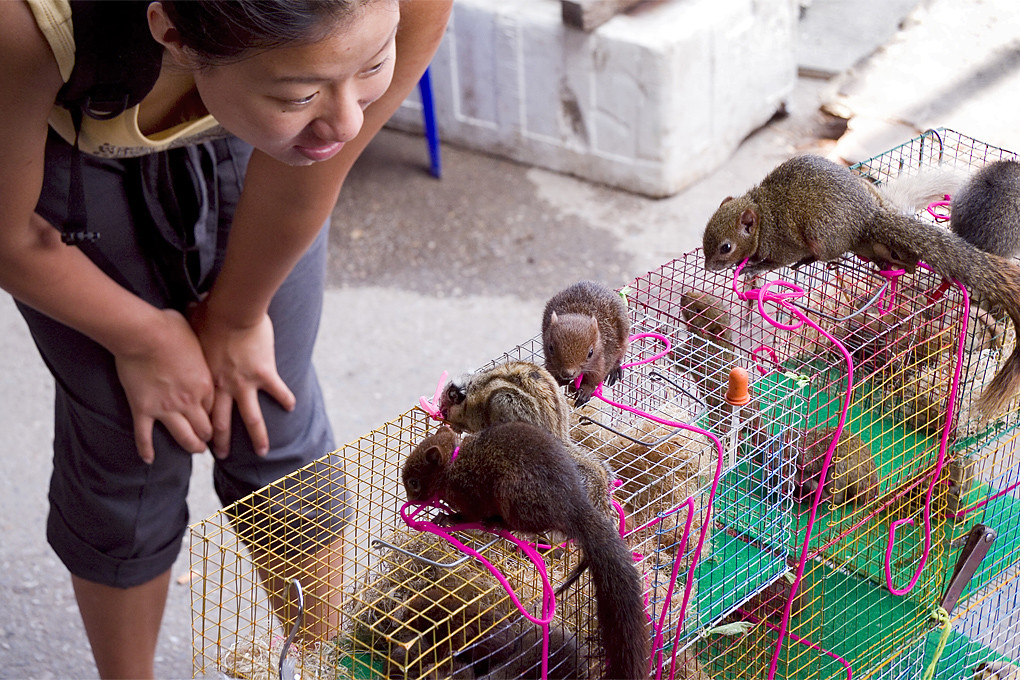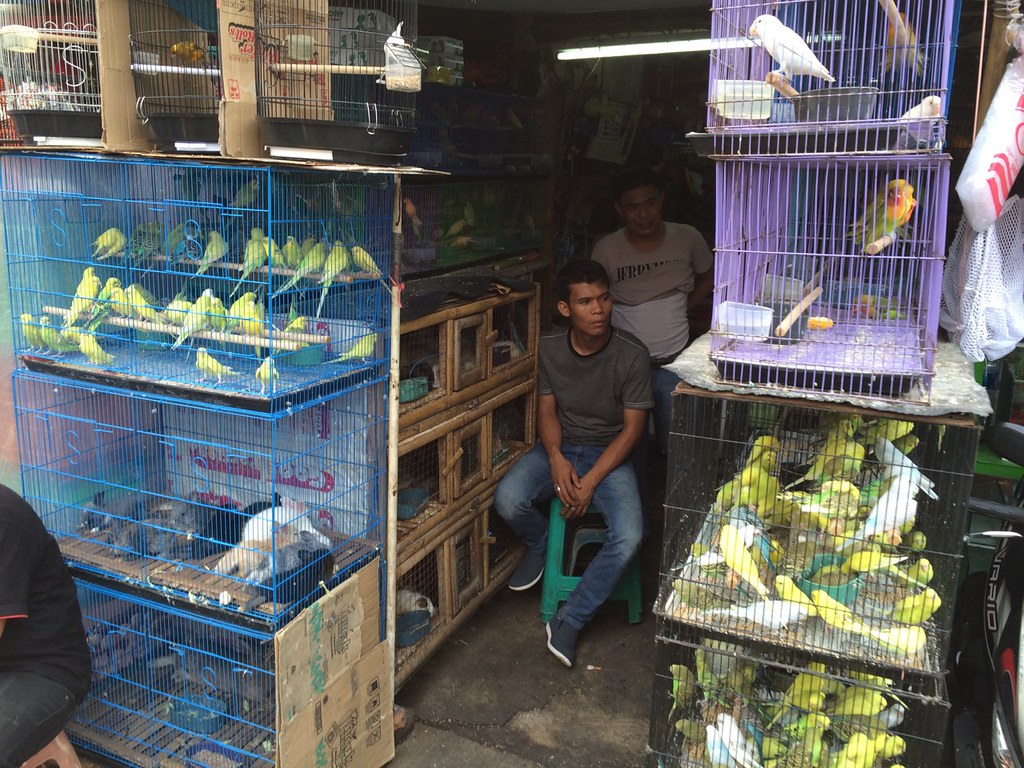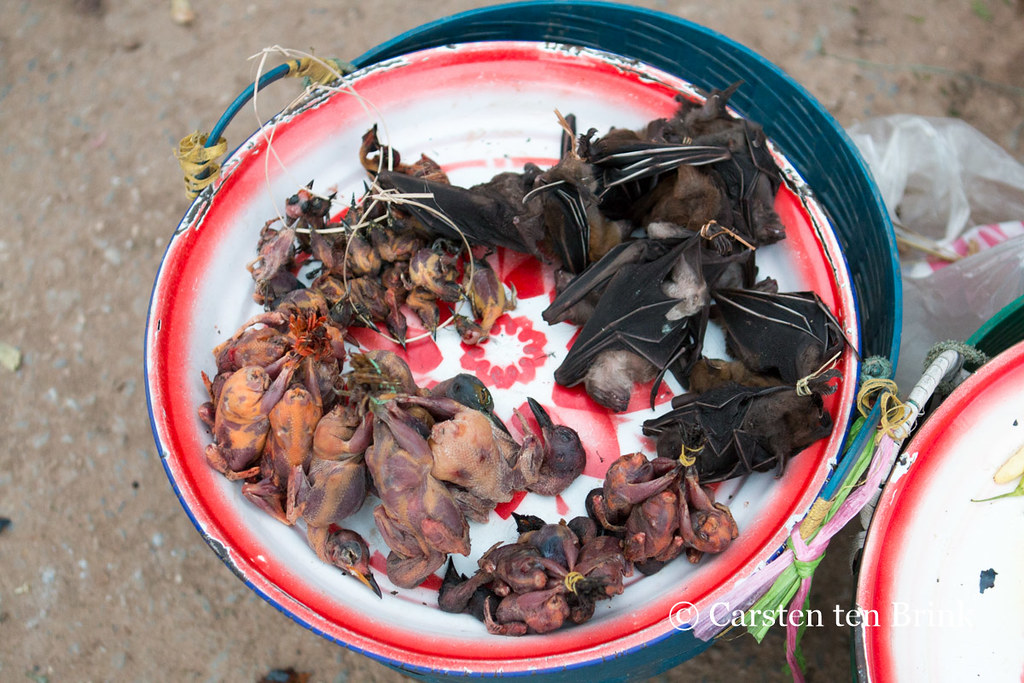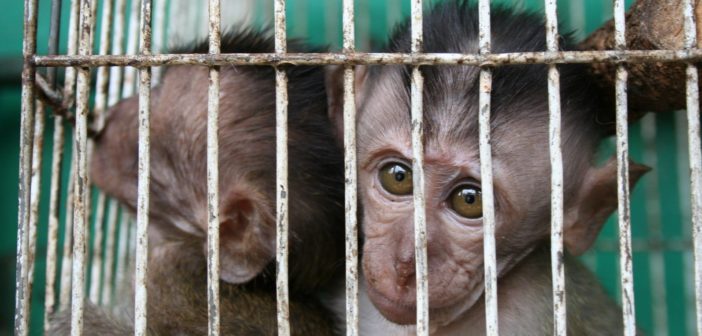The Asia for Animals (AfA) Coalition is composed of 22 well-known and respected animal welfare organizations that have a shared focus on improving the welfare of animals in Asia. The coalition is further supported by a global network of hundreds of animal welfare organizations working together to tackle issues across Asia as one voice.
Never before has the world seen such a spotlight shone on the trade and consumption of wild animals as during the outbreak of the deadly coronavirus, COVID-19, which is spreading across the globe, but which originated in one of Asia’s animal markets.
The Asia for Animals Coalition has supported letters to governments and governing bodies across the world calling for the closure of live animal markets and a ban on trade in wildlife. Members of the public from all corners of the world have had their eyes opened to the health risks and animal welfare concerns of the animal trade and the world is watching to see what the outcome will be.
In light of the above appeals to governments in Asia, the Asia for Animals Coalition position on this issue is set out below.
What are animal “wet” markets?
Across Asia the trade in animals regularly takes place in street markets where a variety of wildlife, farmed and domestic animals are housed, slaughtered and sold in grossly unhygienic conditions. They are, without question, the perfect environment for disease to spread and COVID-19 is the latest in a list of viruses originating from such markets.

Hand in hand with the slaughter and consumption of these animals is abhorrent animal cruelty involved in the capture, transport, and keeping and intermingling of healthy, sick, diseased and injured animals, all of which causes overwhelming stress and suffering to all animals involved.
The public is becoming increasingly aware of the dangers wet markets pose to public health, and rapidly growing animal-loving communities within Asia continue to call for their permanent closure.
Furthermore, the trade of animals at such markets is inextricably linked with crime and conservation concerns. Before the market where scientists believe the current coronavirus outbreak originated was closed, a store there was selling animals and their body parts from over 70 different species, including protected wildlife. Although the trade of some wildlife species is legal, it is known that the legal trade provides a cover for the laundering and sale of many species that are internationally, nationally and locally protected.
In many countries, dogs and cats are also sold in wet markets. Due to a lack of legislation, many of the companion animals sold on these markets are stolen family pets. The trade in dogs and cats for consumption violates other laws as well, including those related to animal disease control and prevention, live transport policy, food safety laws, and market regulations. Wildlife wet markets in Asian countries such as Vietnam, India and Indonesia are also of growing concern. These are often the venues where many wild animal species are illegally traded, killed and turned into bush meat, a practice that could have serious public health implications.

Whilst wet markets are more focused on animals to be used for food, other markets focus on the pet trade. These markets are also problematic, as large numbers of companion animals from many different sources (often originating from puppy or kitten mills) are kept poorly and mixed together, creating the perfect situation for disease outbreaks. In addition, many exotic or wild animals may also be bred or wild-caught for the pet trade, presenting additional public health, animal welfare and conservation concerns.
How did COVID-19 start?
Current evidence suggests that COVID-19 (which is a type of coronavirus) started in a wet market in Wuhan City in China, which traded in both dead and live animals. The virus was first reported in November 2019. Some have speculated that the virus was born out of the trade in wild animals, more specifically the trade in bats and in pangolins, which are a critically endangered species.
Markets akin to Wuhan’s Huanan Seafood Wholesale Market, where COVID-19 is thought to have originated, are common in many Asian countries. The Chatuchak Market in Bangkok, Thailand and Indonesia’s Tomohon Extreme Market are just two examples. COVID-19 may have originated in China, but any such animal market has the potential to cause a global health crisis.
Note that “to date, there is no evidence that a dog, cat or any pet can transmit COVID-19. COVID-19 is mainly spread through droplets produced when an infected person coughs, sneezes, or speaks.”

What is the Asia for Animals coalition doing?
Our position is clear. It is a pivotal time for the governments of Asian countries to take action to prevent the spread of the COVID-19 virus and to safeguard against any future outbreaks. They must protect their own people from future public health risks and lead the way to developing a more compassionate era for animals within society.
We acknowledge that animal markets will not stop of their own volition. From the member organizations of the Asia for Animals Coalition from around the globe, and the many millions of members they represent, we hereby urge governments to take responsibility and implement strict and universal bans on animal markets. Governments must ensure their nations’ laws are properly drafted, enforced, and compliant with globally agreed upon animal welfare standards and animal disease prevention measures and strive to protect the natural environment and the animals in it.
For more information, please refer to the World Health Organization (WHO) as a reputable source.
What you can do to help
The power of the written word should never be underestimated. The next pandemic could be born in any of these markets, where the transportation of animals, the conditions in which they are kept, and slaughter and consumption practices continue to breach existing laws, endanger public health and safety and compromise the welfare and conservation of the species concerned.
Please use your voice to ask for a total ban on animal markets. Please write a polite email to your country’s embassy in the country you are appealing to and call upon them to enact a ban with immediate effect.
All embassies have a responsibility to pass on issues of concern directly to their governments. Help us make them aware of this issue. Find your embassy here.
Click here for a PDF version of this statement, which includes statements from our coalition member experts.
Featured image: young monkeys for sale in Indonesia’s Pramuka Burung Market. Image credit Bussara Tirakalyanapan/FREELAND, CC BY-SA 2.0.





